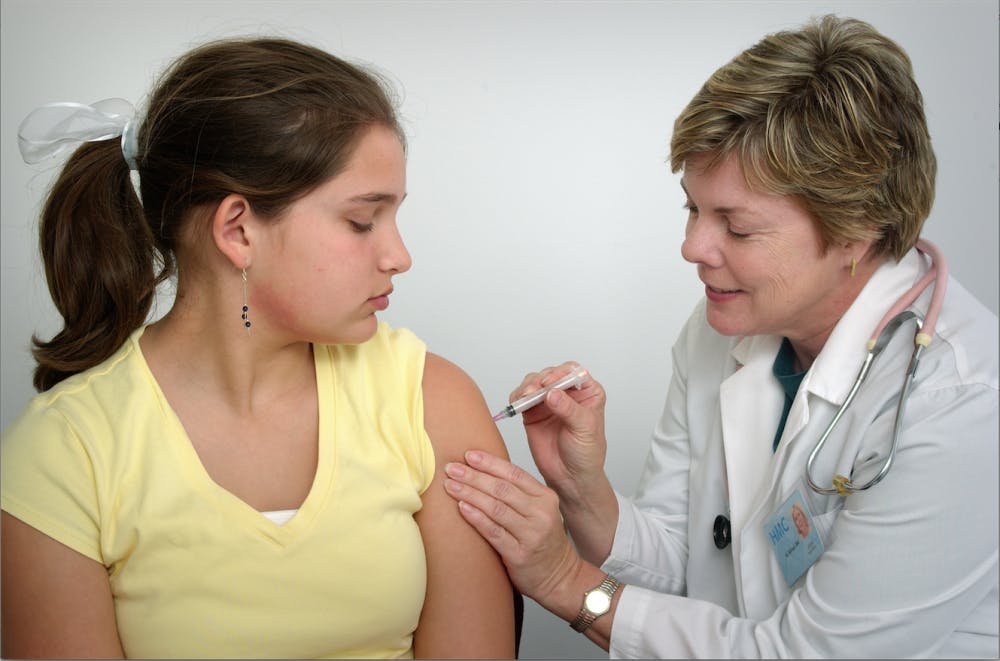The Post compiles a list of resources to combat illness this winter season.
In crowded dorms and classrooms, it’s no surprise that illnesses like the flu and strep throat are commonly passed amongst students.
Amanda Swope, the nursing supervisor at Campus Care, said the most common illnesses they continue to see are strep throat, the common cold, mononucleosis (mono) and influenza (the flu).
To read more about flu rates in Athens and the surrounding area, click here.
Prevention
In trying to avoid these illnesses, many simple tasks can be effective.
“For the flu I recommend everyone get the flu vaccine, but also wash your hands often,” Swope said. “I wouldn’t be sharing any utensils, cups or anything like that if you know the other person is sick.”
Returning students, like Michelle Nelson, already knew how many bugs can float around on campus and took precautions before leaving to go home.
“I live an apartment so I actually deep clean my apartment before I leave,” said Nelson, a junior studying finance. “So that way it’s really clean when I get back.”
Nelson also typically stays away from friends and family who are sick so that she limits her chances to catching the illness herself.
“I don’t hang out with my friends when they’re sick; I don’t want to get sick.” Nelson said. “I hate being sick and I think it’s really rude when people come around you and they know that they’re sick.”
Resource: Campus Care
Hudson Health Center
2 Health Center Drive
Athens, Ohio 45701
740.593.1660
To read more about flu vaccinations, click here.
To read more about herbal remedies for illness, click here.
Seasonal affective disorder
Seasonal affective disorder is a type of depression that’s related to changes in the seasons.
SAD is more than just the “winter blues.” A student suffering from SAD may be affected in more ways than just their mood. It’s possible that it could affect academic performance as well.
“When we come back in the winter I tell myself, ‘Well I got to deal with this,” said Russ Gifford, a sophomore studying Russian and political science “When I have free time I try to look for something to do that really makes me happy. I don’t like sitting there and watching TV endlessly; I like to go and do something.”
According to the Mayo Clinic, people that are more susceptible to SAD include: young people, females, those with family history of SAD, greater distance from the equator and those already suffering from clinical depression or bipolar disorder.
Resource: Counseling and Psychological Service
Hudson Health Center, 3rd Floor
740.593.1616
To read more about Seasonal Affective Disorder, click here.
@annachristine38
ag836912@ohio.edu






